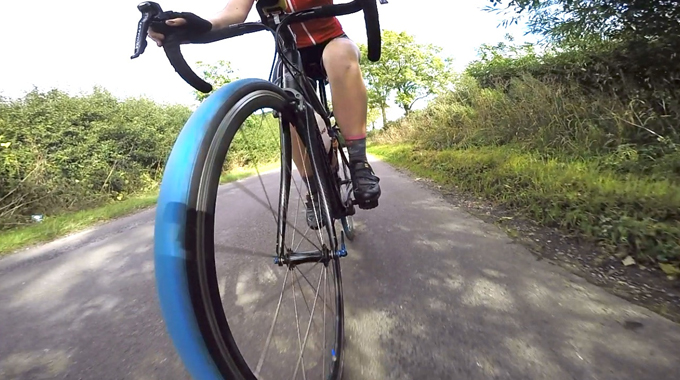Is it possible to cycle too much? Here at TWC, our instinct is to say OF COURSE NOT! But we have to be responsible here.
What are the warning signs for you cycling too much? And are there any risks associated with going over the top on your training? We dig into all the info on offer to try and find out.
Body

Overtraining syndrome is a thing, and it’s a very serious thing so here are some of the warning signs which you should look out for:
- Feeling tired and grumpy
- Sudden mood swings
- Depression
- Decreased appetite
- Headaches
- A weakened immune system
- A higher propensity to injury
- Drop in performance
There are plenty of other symptoms too, and there’s a very real danger of you misdiagnosing these feelings as a lack of fitness, pushing yourself to train more and ending up feeling even worse.
Your body is not able to train hard every day. Even world-class athletes take days off to allow their bodies to catch up. The heightened risk of injury and weaker immune system associated with overtraining can scupper your chances of being in the best shape for that upcoming race because you’re pushing yourself too hard.

What can you do to minimise the risk of overtraining? Keep a diary or training log, noting not just your performance but also how you feel. Make sure your recovery periods after a big event are generous enough. And, just once in a while, forget about your bike for a week. If you fancy getting tech, there’s even an app that promises to make sure you do the right amount of training.
Finally, if you are engaging in extreme, Tour de France levels of exercise, there is some evidence to suggest you could be increasing the size of your heart, and possibly increasing the likelihood of developing arrhythmias. However, this is still an extremely under-researched area.







